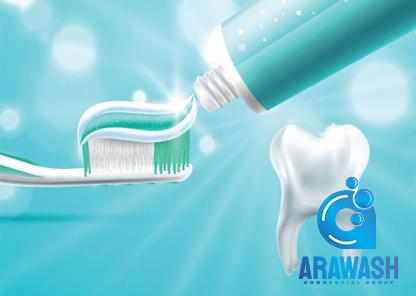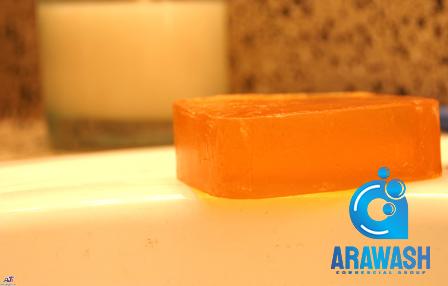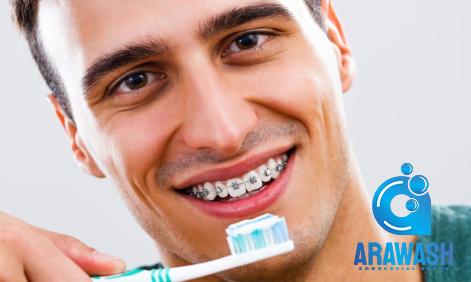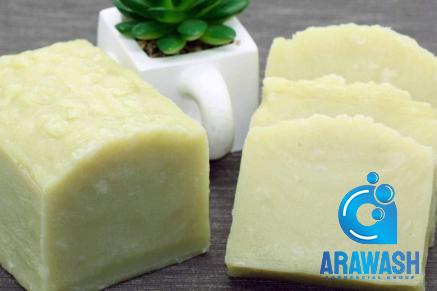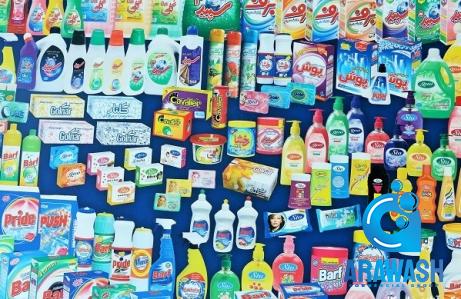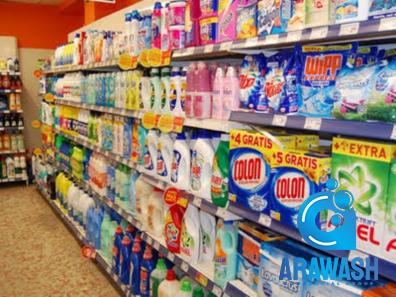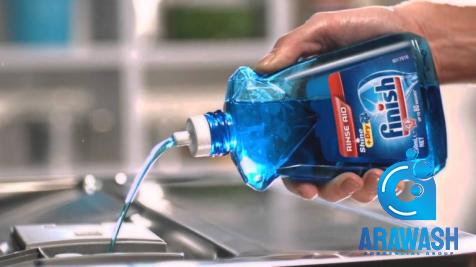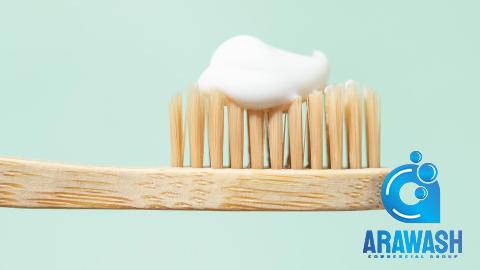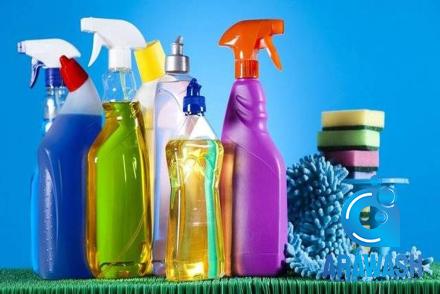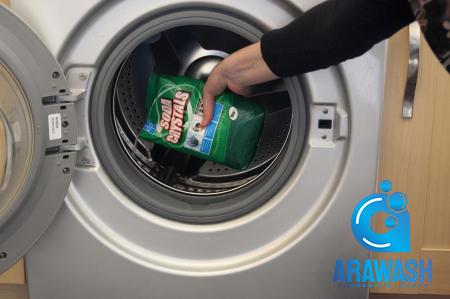Snuggle Fabric Softener; Fading Pilling Stretching Prevention Contain Silicone Ammonia
Snuggle Fabric Softener is enjoying a reputation now!
Reading on, you will get to know all about the price, specification and tips on the purchase!
Snuggle Fabric Softener
No matter if branded as Snuggle or ours, when applied to your laundry, fabric softeners are chemical concoctions that cover your garments to make the individual fibres feel slipperier and stand more erect
This results in your clothing feeling softer and fluffier, and it reduces the amount of static cling that occurs between the fibres of your clothing
Even though they are not at all necessary, a significant number of people like purchasing and consuming them
Cloth softeners are designed to achieve exactly what their names suggest, which is to soften and refresh the fabric
That and more can be accomplished with Downy fabric conditioner!
In addition to making your garments softer, the formula used to make Downy also helps preserve them against fading, pilling, and stretching, ensuring that the clothes you adore remain in pristine condition
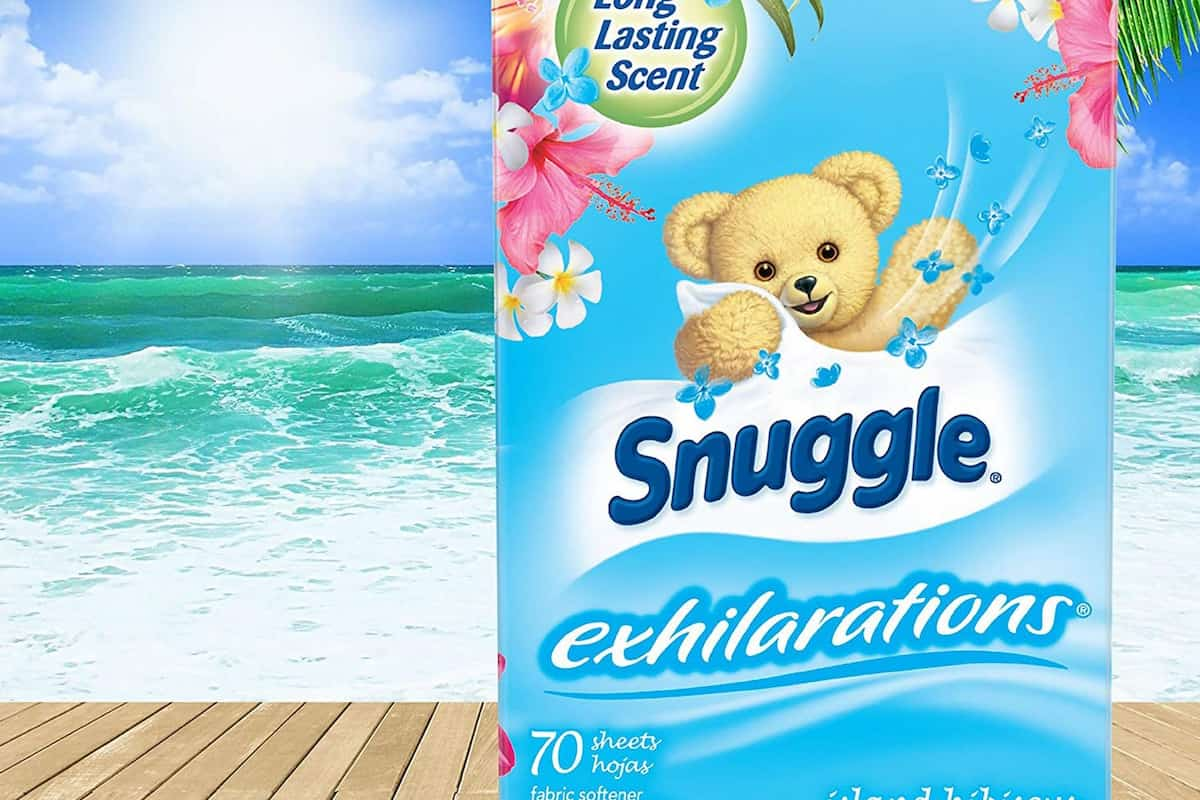
Snuggle Fabric Softener Features
Fabric softener, whether made by Snuggle or our company, typically includes the following primary components:
A conditioning agent, an emulsifier, and cosmetic elements (colouring and fragrance), in addition to a number of different stabilisers and preservatives, increase the shelf life
Conditioning agents are fatty, lubricating compounds that are based on silicone or ammonia and leave an oily coating on your clothes
This coating makes your clothes feel softer and seems to make ironing them easier
Because conditioning compounds also have a very little positive charge, they are able to help lessen the amount of static cling caused by the negatively charged fibres in the fabric
Title
Description
Efficacy
Less Water They Will Absorb
Skin Health
Doesn’t Irritate Skin
Prevention
Fading, Pilling, Stretching
Contain
Silicone or Ammonia
It is also what lessens the ability of your towels to absorb water, and it is what makes the sleepwear your children wear less resistant to catching fire
Because oil and water do not combine, fabric softeners require an emulsifying agent to help disperse the fatty, oily conditioning agent throughout the rinse water
This allows the agent to actually get onto your clothes rather than just floating on the surface of the water
Fabric softener would simply be flushed away down the drain if emulsifiers were not present
Fragrances made from chemicals are found in fabric softeners (and colourings)
Because the precise chemical components of these fragrances are a closely guarded secret, there is no way for you to know what it is that you will be put in contact with your skin when you use them
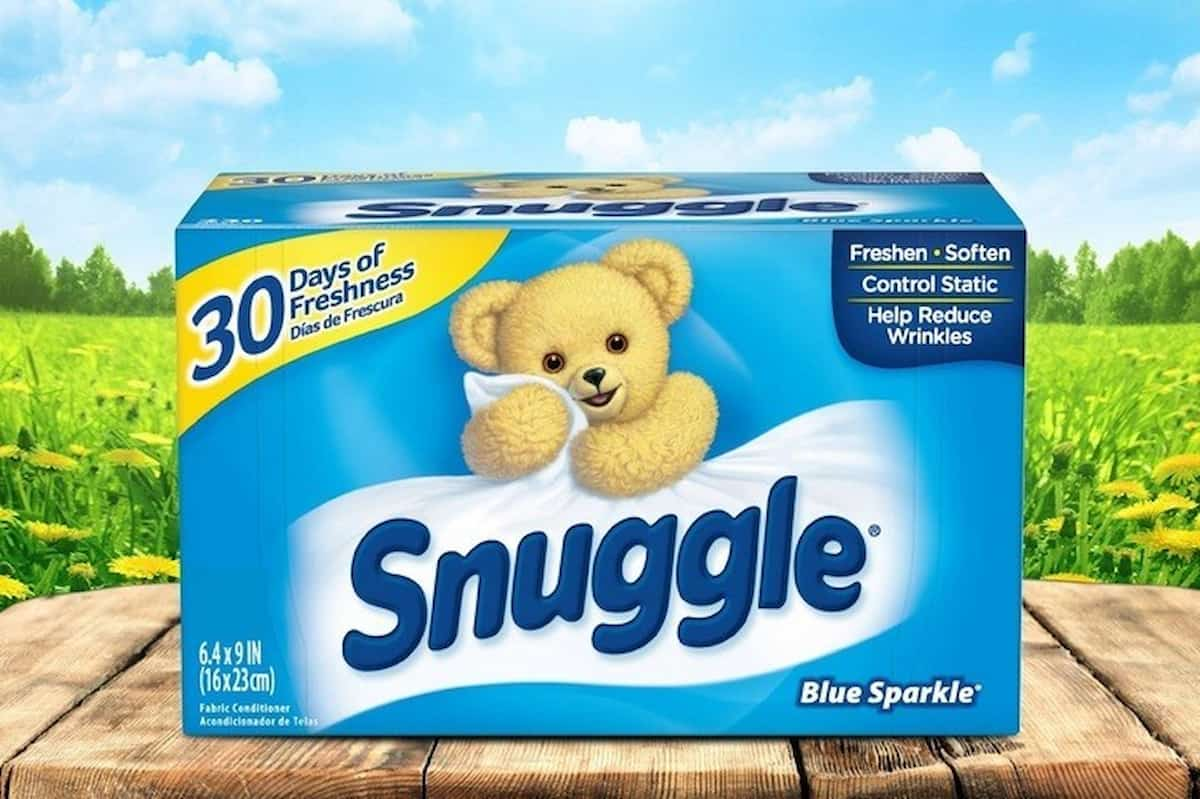
Buy Snuggle Fabric Softener
We do not recommend that you buy Snuggle fabric softeners, but if you would like to, you should look for one that:
Appears obvious, but there is a trade-off – in our fabric softener reviews, we discovered that the softer your clothes and towels are, the less water they will absorb
Therefore, if you want soft towels that also dry you well, you’re out of luck, and you’ll have to accept a little scratchiness for the best drying performance
Doesn’t irritate skin: In contrast to detergents, the fats and chemicals in fabric softeners can contribute to eczema, rashes, and other skin and respiratory conditions
Look for hypoallergenic or low-irritation claims if you have sensitive skin, but you may need to try multiple softeners to find one that won’t cause a rash
The thought of your child’s sleepwear catching fire and burning them if they wander too close to a heater is horrifying; therefore, look for one that does not reduce fire retardancy
Unfortunately, as far as we are aware, they all reduce the fire retardancy (check the label for a warning not to use them on children’s sleepwear for this reason)
Does not reduce the towels’ ability to absorb water: Fabric softeners can reduce the absorbency of towels, making them less effective at drying
And if you think that waterproofing your towels is a bad idea, using fabric softeners on reusable cloth diapers is an even worse one
Therefore, search for a fabric softener with a high water absorbency rating
Smells nice: Perfume is an incredibly personal choice; therefore, you should sniff every fragrance in the store to pick one you enjoy
Or, choose a fragrance-free option if you like
Is cost efficient: Consider one that strikes a balance between performance and cost each wash
However, knowing that some fabric softeners function as poorly as water, you should seek less expensive alternatives
Less likely to produce residue buildup: Fabric softeners are bad for your washing machine and are major contributors to a residue known as’scrud,’ which can be redeposited onto your garments
If you wash your clothes in cold water, you will need to run occasional hot cycles to prevent buildup
This is a good habit regardless, but if you’re a devotee of fabric softener, you’ll need to do it more frequently than if you only use detergent

Snuggle Fabric Softener Price + Buy and Sell
By 2026, the global market for fabric softeners and conditioners will reach $19
7 billion
In the wake of the COVID-19 issue, the global market for Fabric Softeners and Conditioners is anticipated to reach a revised size of US$19
7 billion by 2026, expanding at a CAGR of 4
5% over the forecast period
As regards pricing, it ranges from 0
5 to 3 dollars depending on the volume and brands
However, the best prices ever are now being offered by our large corporation, offering value for the money you spend!
So, no hesitation needed, contact us now!
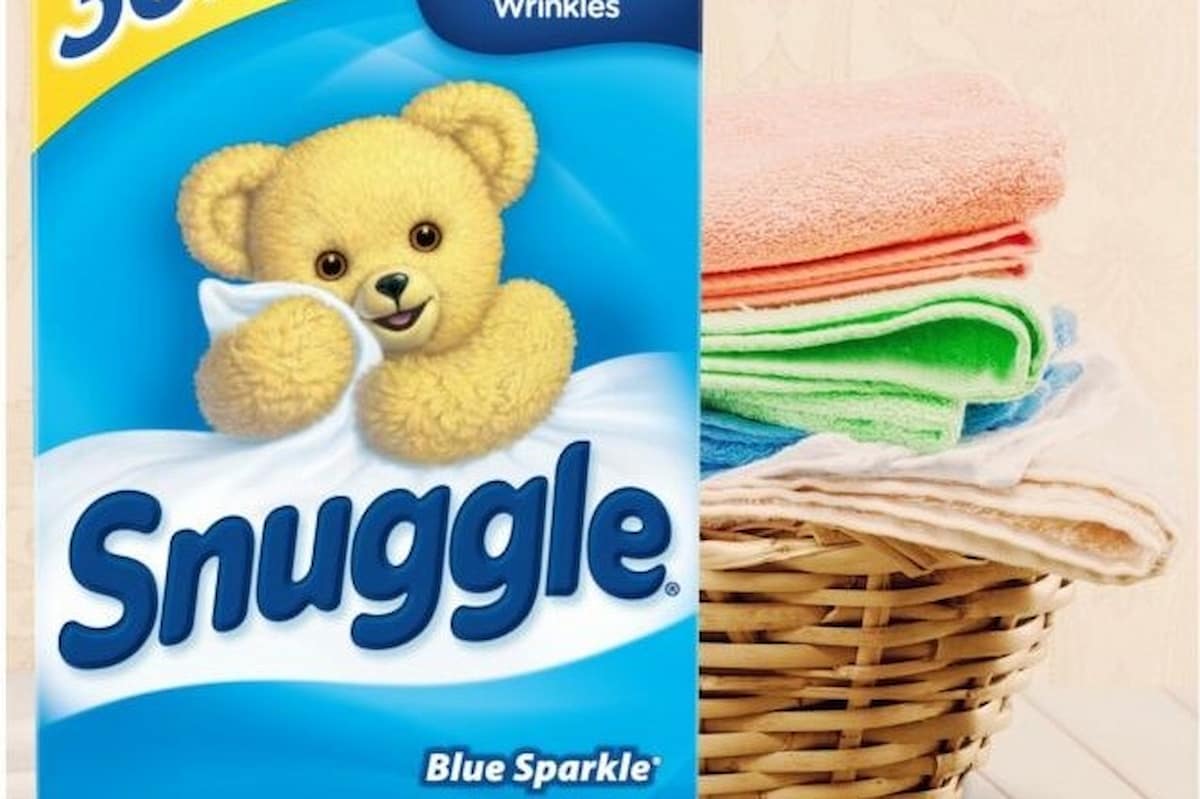
The Answer to Two Questions About Snuggle Fabric Softener
1: How Snuggle Fabric Softener works?
It helps preserve them against fading, pilling, and stretching
2: Can Snuggle Fabric Softener reduce the absorbency?
It can reduce the absorbency of towels, making them less effective at drying
